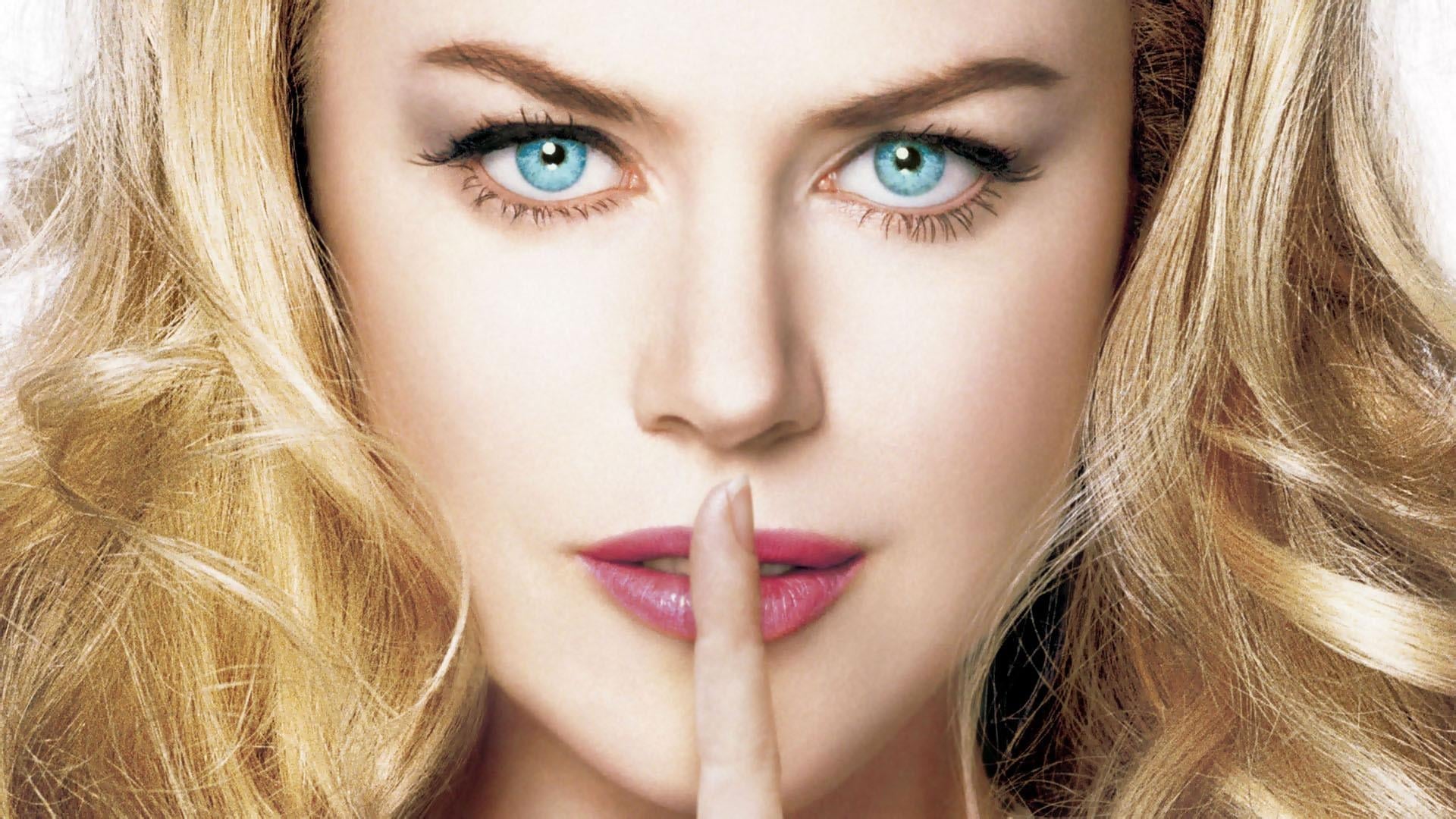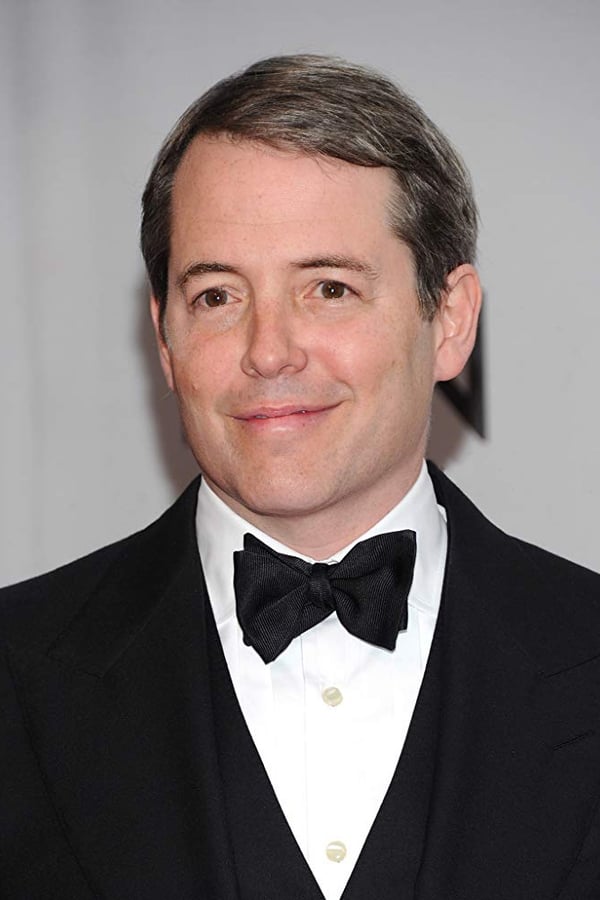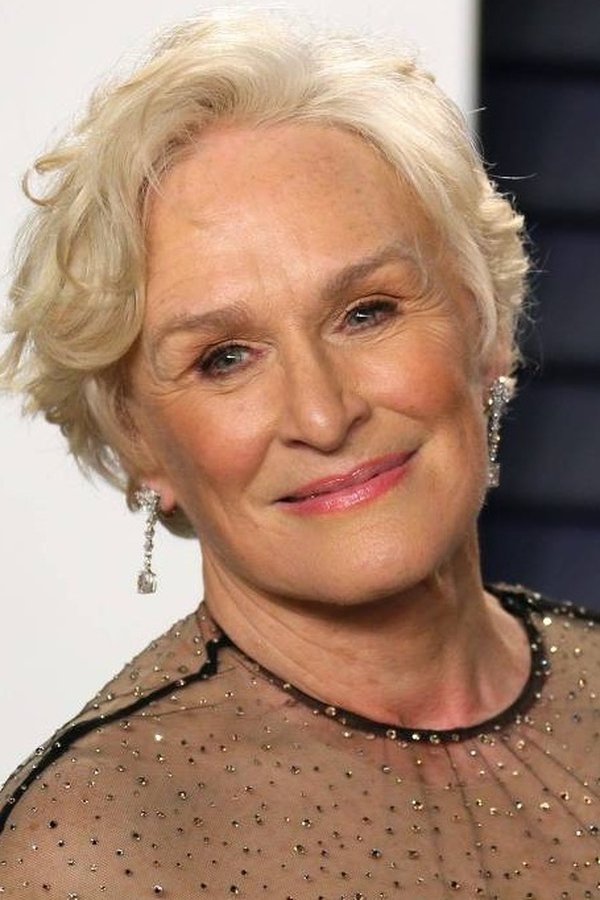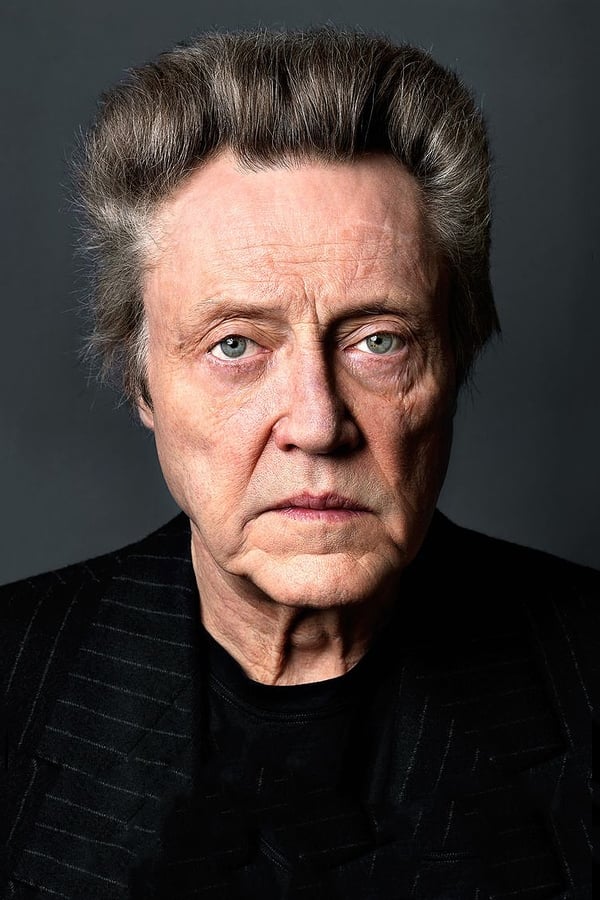Get Out follows Chris and Rose (an interracial couple). As their relationship continues to flourish, the couple embarks on a small journey. Rose, a Caucasian women, takes Chris, an African American male, to her parents house. At first, the family seems friendly, but as time progresses, it’s clear that something is off. Simply put, Jordan Peele’s film is an intelligent and unflinching piece of work, firmly focused on an African American story in fiction. At first, it’s a charming form of interaction. Like Stanley Kramer’s “Guess Who’s Coming To Dinner” (1967), the familial atmosphere is filled with humor and playfulness. However, as time moves on, the film enters sinister territory, echoing the slow burn style of Roman Polanski’s “Rosemary’s Baby” (1968) and Bryan Forbes’ “The Stepford Wives” (1975).
It’s no wonder Peele won an academy Award for Best Original Screenplay. His script is layered with perspective and subtlety. Through a terrific vision, Peele creates the gift that keeps on giving. The clues and symbolic representations are aplenty, and as each viewing passes, you are destined to find something new. That’s a mark of great cinema.
Essentially, Peele’s script touches on aspects like the taboo nature of societal marginalization, racial cliches, and interracial relationships. The film, as a whole, presents an unfiltered vision of humanity, telling us that some citizens are full of corruption and misguidance. Like the horrific monsters and ghouls we see on the big screen, real life human beings are capable of performing evil tasks. Like a responsible film should, “Get Out” holds a mirror up to society, forcing its inhabitants to look at the ugliness that lies within.
Another strong suit of this script is the efficiency of characterization. Peele’s characters have purpose. As Chris, Daniel Kaluuya gives us a sympathetic character, designed to be a quintessential “every man.” As Rose, Allison Williams provides us with an adorable character, consisting of sincerity and mystery. The rest of the family enhances the tense proceedings. Whether it be Bradley Whitfield’s sappy, outlandish charm, Chatherine Keener’s deadpan seriousness or Caleb Landry Jones’ slimy portrayal, the family is a versatile unit of evil. Through these unique characterizations, this socially charged film is given life.






















